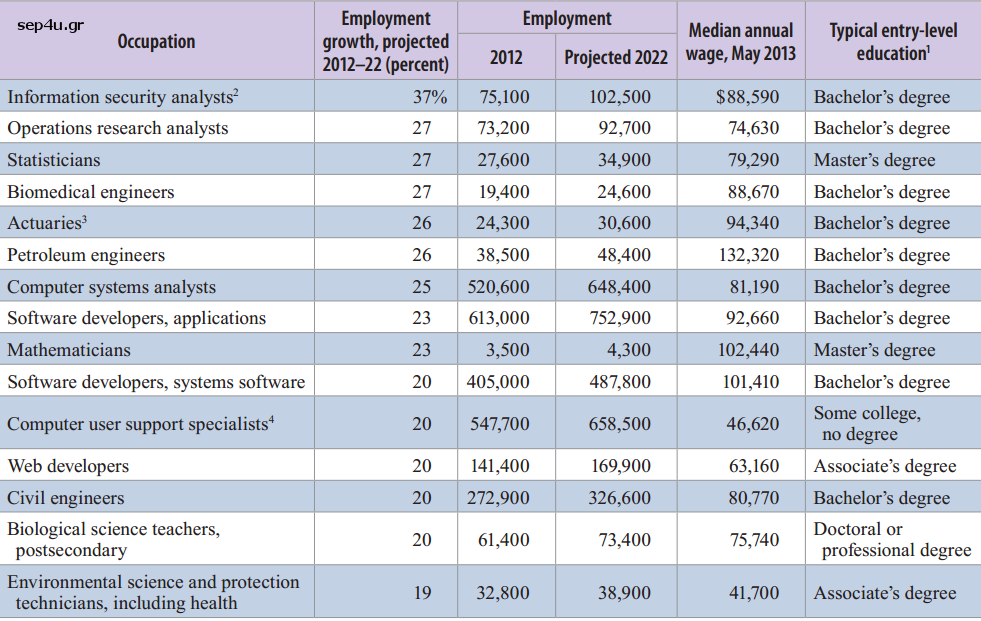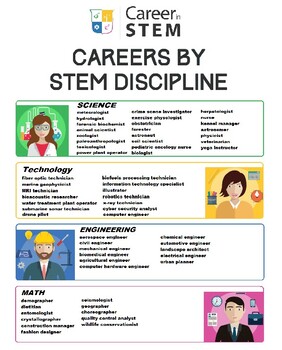

Mathematics is a bridge between the physical world, the internal world, and the abstract spaces in between. Graduates can find work as network and database administrators, application system designers, or multimedia specialists. Information technology majors study advanced math, including discrete math and calculus, along with interactive design, web application development, and organizational communication. Graduates can find work in urban planning, mining and resource extraction, and primary education.

In advanced courses, students learn more about the planet's surface environments, physical processes like earthquakes and plate movements, and paleontology. With these skills, electrical engineering majors create electrical systems and devices that improve the human experience, shaping everything from iPads and GPS navigation hardware to hydro, wind, and solar power generation systems.Ĭore courses in geology cover physics, chemistry, and mathematics, as well as petrology, tectonics, and stratigraphy. Advanced coursework covers electromagnetic waves and materials, integrated circuit engineering, and digital signal processing. Graduates can pursue careers as programmers, infosec professionals, and web developers.Įlectrical engineering students take introductory courses in mathematics, calculus, and sustainable engineering. Core courses include computer organization and systems, principles of computer systems, and data structures and algorithms. These learners may study topics like artificial intelligence, robotics, and video game programming. Technological progress in recent decades has increased the need for talented computer science majors. Beyond academia, chemistry majors can find work as analytical chemists, pharmacologists, and toxicologists. These students develop essential skills related to creative problem-solving, data analysis, and communication.Īs most universities offer both bachelor's and master's degrees in chemistry, learners have many opportunities to pursue careers in academia and technical fields. They also study physics, mathematics, and statistics. Biology graduates can pursue careers as water quality specialists, geneticists, and doctors.Ĭhemistry students take a variety of classes in organic, inorganic, and physical chemistry. Beyond jobs in academia and education, biologists are essential to the advancement of medical science, biotechnology, and the pharmaceuticals. They often study evolution, nanobiology, biophysics, and applied bioinformatics. About 10% of astronomy majors work in private industry, such as in the aerospace sector.īiology majors ask questions about how the living world works and evolves. Some astronomy majors become college faculty members, while others work at federal laboratories. Students often take courses in calculus, astrophysics, astronomical techniques, and mechanics. Most of these fields offer opportunities for greater specialization, particularly for students in graduate programs.Īstronomy majors learn about the universe by studying physics and chemistry as they relate to celestial objects. The following section covers some of the most common STEM programs.
Stem jobs professional#
There are dozens of STEM disciplines and professional fields recruiting students with strong math and science skills. The Public Ivies, Little Ivies, and Other Ivy League Equivalents.


 0 kommentar(er)
0 kommentar(er)
